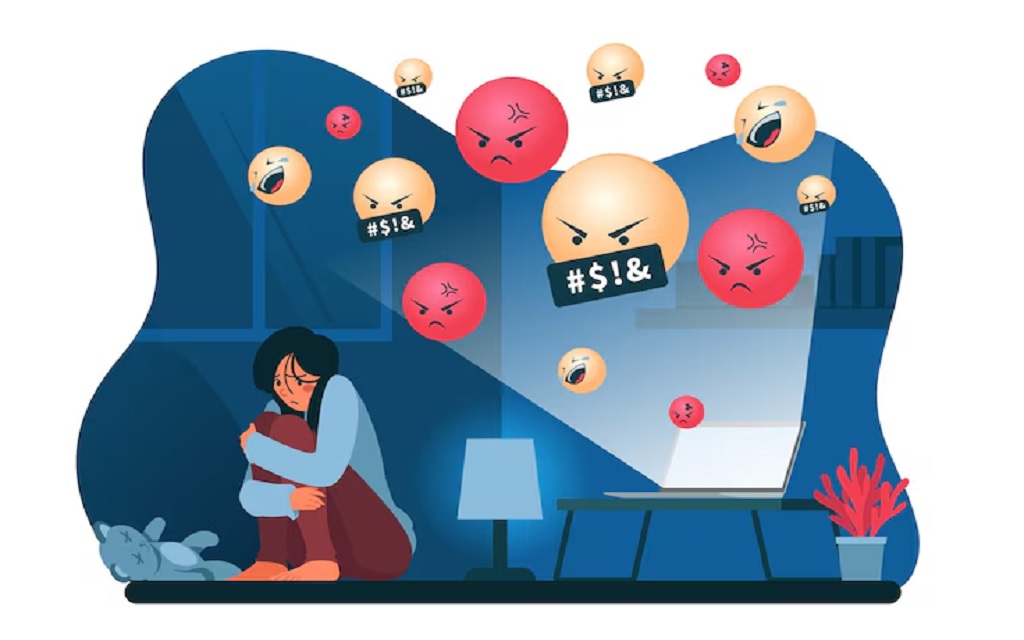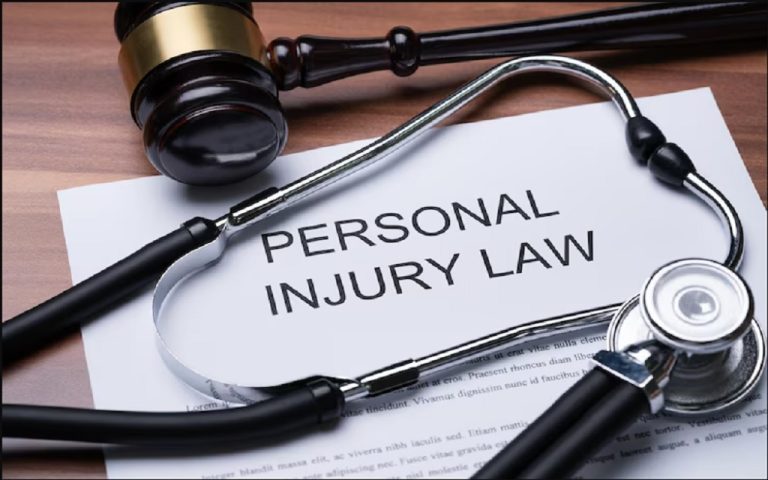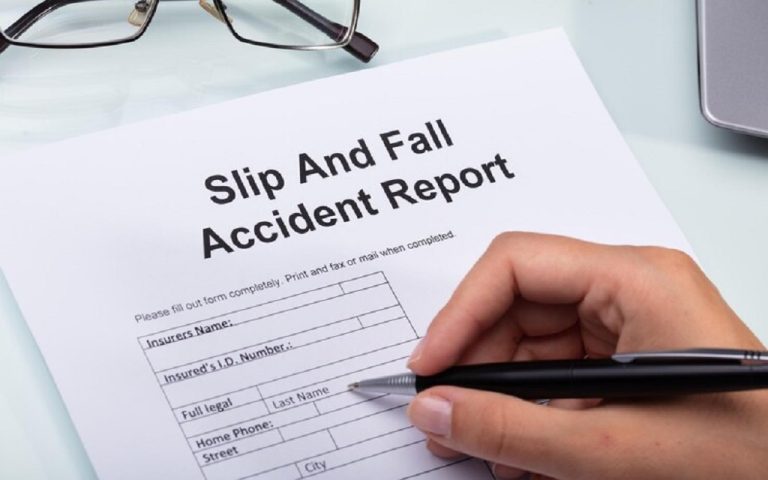False statements hurt more than feelings—they damage trust and destroy reputations. In some cases of defamation of character, they can cost someone a job or end essential relationships. It’s easy to feel overwhelmed—many people do.
The reality is harsh but straightforward. False accusations happen more than people expect. Even when lies seem small, their effects can last. Legal protection may be your only path to relief when your name gets dragged through the mud.
Laws exist to defend against reputation attacks. Understanding your rights matters, and knowing how defamation works can help you take meaningful action.
This guide outlines the key facts, explains legal terms like slander and libel, and breaks down what courts need to see and how you can respond.
What Is Defamation of Character?
Defamation of character occurs when someone harms another person by falsely commenting on them. The damage often involves reputation, relationships, or work. For the law to consider a statement defamatory, it must be false, shared with others, and cause loss or grief.
Libel comprises written or published information, and slander, which pertains to spoken statements, is the other primary category. Depending on how the false allegation spreads and how much harm it does, libel might have significant repercussions.
However, defamation laws are designed to shield people from unfounded accusations that can potentially destroy lives. To fight back, you must first understand your rights.
Why Is Defamation of Character Important?
Although reputation seems intangible, it impacts almost every aspect of life. It influences how you are perceived by others, including employers and others in your social circle.
A reputation begins to deteriorate when false information is circulated as fact. Some people lose job offers, others face online harassment, and a few may struggle just to feel safe in public spaces.
In times like that, legal tools become more than rules. They become your lifeline. Defamation law gives tangible ways to reclaim your voice and challenge the damage done.
What Counts as Defamation of Character?
Not every rude remark or harsh opinion is defamation. The law draws a clear line, but many don’t know where that line falls. So, what qualifies?
Defamation only applies when four conditions are met. The claim must be false, shared with others, harmful to someone’s reputation, and caused intentionally or through careless behavior.
Legal definitions matter here—an opinion—no matter how harsh—rarely counts. So do protected forms of expression like satire or parody. But false claims that sound like facts? Those can lead to real consequences.
How Do Slander and Libel Differ?
Two words come up often in these cases: slander and libel. They both describe defamation and involve harm, but the format makes all the difference.
What Is Slander?
Slander refers to spoken lies. These often occur in meetings, over phone calls, or during heated conversations. They’re verbal attacks that spread quickly—and sometimes quietly.
To take action, the person claiming harm must show real damage. Did they lose a client? Get fired unfairly? Was their reputation ruined? The more solid the proof, the stronger the case.
What Is Libel?
Libel deals with false statements in writing, including online reviews, social media posts, articles, or emails. Written lies leave a trace, which can continue long after the words were posted.
Libel often leads to more significant cases because the content sticks around. A false review can reach hundreds in minutes and stay online for years.
What Do You Need to Prove in Court?
Filing a lawsuit starts with evidence. No one can claim defamation and expect success. Judges want facts—solid, evident, and provable.
Four things must be shown. The statement must be false. It must be shared with someone else. It must have caused real harm. And it must have been made either recklessly or with evil intent.
Public figures face a more onerous burden. They must also prove the person knew the claim was false or didn’t care to check. That legal standard is called “actual malice.”
What Case Shows Defamation in Real Life?
The Johnny Depp vs. Amber Heard trial made global headlines. But beyond the drama, it showed how serious defamation cases can get.
Heard published an op-ed discussing abuse. She didn’t name Depp, but the court agreed the link was obvious. Depp sued, saying the statements ruined his career and reputation.
A jury sided with Depp. They awarded millions in damages. That trial highlighted how wording, intent, and perceived meaning affect defamation rulings.
Where Does Defamation Usually Happen?
Lies don’t always start in the news. They appear in far more casual places—like group chats, online forums, or even company emails.
Today’s digital world spreads information fast. Anyone can publish a damaging statement in seconds, and deleting it later doesn’t erase the harm.
Some familiar places defamation appears include:
- Social platforms like Facebook or X
- Anonymous review sites such as Yelp
- Blogs, forums, and Reddit threads
- Internal emails and chat apps
One false claim can go viral, and in many cases, it doesn’t just stay local—it spreads globally.
What Happens When Someone Defames You?
People targeted by false claims often feel shocked at first. Then comes confusion, frustration, and, in many cases, panic. What’s the right next step?
Defamation takes a toll on careers and emotional health. Job loss, broken relationships, and anxiety are common side effects. For professionals and public figures, damage control becomes a daily battle.
In severe cases, some need therapy or legal help. Others go offline to regroup. But the underlying truth remains—once a reputation is harmed, it takes work to repair it.
Is Defamation a Crime or Civil Matter?
Most defamation cases are handled in civil court. Victims sue to recover financial losses or emotional damage. Jail time usually isn’t part of the outcome.
There are exceptions. A few states treat certain types of defamation as criminal acts, especially when public safety or threats are involved. But the goal is most often financial compensation and stopping further harm.
Civil lawsuits may lead to retractions, apologies, or court-ordered injunctions. In many cases, the process itself helps restore the victim’s reputation.
What If Someone Accuses You of Defamation of Character?
It may be as daunting to be accused of defamation as it is to be its target. Understanding what matters and what doesn’t is the first step in self-defence.
Truth remains the most vigorous defense. If what was said or written is accurate, defamation usually doesn’t apply. Other defenses include opinion, consent, or legal privilege—like comments made during official proceedings.
It’s smart to avoid repeating the statement and seek legal advice quickly. A lawyer can review your communication and help you respond clearly and correctly.
How Long Do You Have to File a Lawsuit?
Deadlines matter. Every defamation case must follow a specific legal timeline, called the statute of limitations. Waiting too long may cost you the right to sue.
In most states, the deadline is one to two years after the statement was made or published. The “discovery rule,” used in some jurisdictions, begins the clock when the victim becomes aware of the injury.
Early filing strengthens your case, preserves evidence, and expands your legal alternatives.
How Do You File a Defamation Lawsuit?
Starting a case takes planning. It begins with gathering evidence—screenshots, emails, posts, or anything that shows what was said and who saw it.
Next comes the legal step. A professional lawyer assists you in drafting and submitting a formal complaint to the court. Although the process may take some time, each phase provides direction and clarity.
Courts look for clear harm. Show how the lie affected your life—lost income, emotional distress, or damage to your relationships.
Your chances of success increase with the quality of your documentation.
What in a Defamation Case Can You Get?
Money is frequently the primary method of compensation. Some receive damages for lost wages or business, and others are awarded money for emotional harm.
Courts can also issue punitive damages when the person acted with intent to harm. In rare cases, they’ll order content removal or public apologies.
Good recordkeeping helps. Keep proof of financial loss, medical care, or public backlash. Every piece supports your story.
How Do You Avoid Making Defamatory Statements?
Preventing defamation isn’t just about avoiding lies—it’s about speaking with care. Check facts before posting or sharing. Be cautious when commenting about others.
Label opinions. Avoid passing along rumors. If in doubt, leave it out. Words travel fast—and in legal terms, they linger even longer.
Responsible communication protects you and others. And when stakes are high, seeking legal input is always smart.
What Should You Do If You Are a Victim?
The moment you suspect defamation, take action. Document everything. Save links, screenshots, and messages. Write down names, dates, and platforms.
Next, speak to a lawyer. Don’t wait for more damage to occur. Early legal advice often leads to faster solutions—and stronger cases.
Although protecting your reputation can seem overwhelming, you have some control. The purpose of the law is to safeguard your reputation, job, and mental health.
Conclusion: What Do You Need to Know About Defamation?
In short, reputation matters—and so does protecting it. Lies hurt, but legal options exist. Acting early, keeping strong records, and getting professional advice can turn the situation around.
False claims don’t have to define your future. Courts can help you reclaim your name and repair the damage.
The key is knowing your rights and moving forward with confidence.
Must Read: Ozempic Lawsuit: What You Need to Know About the Legal Claims




